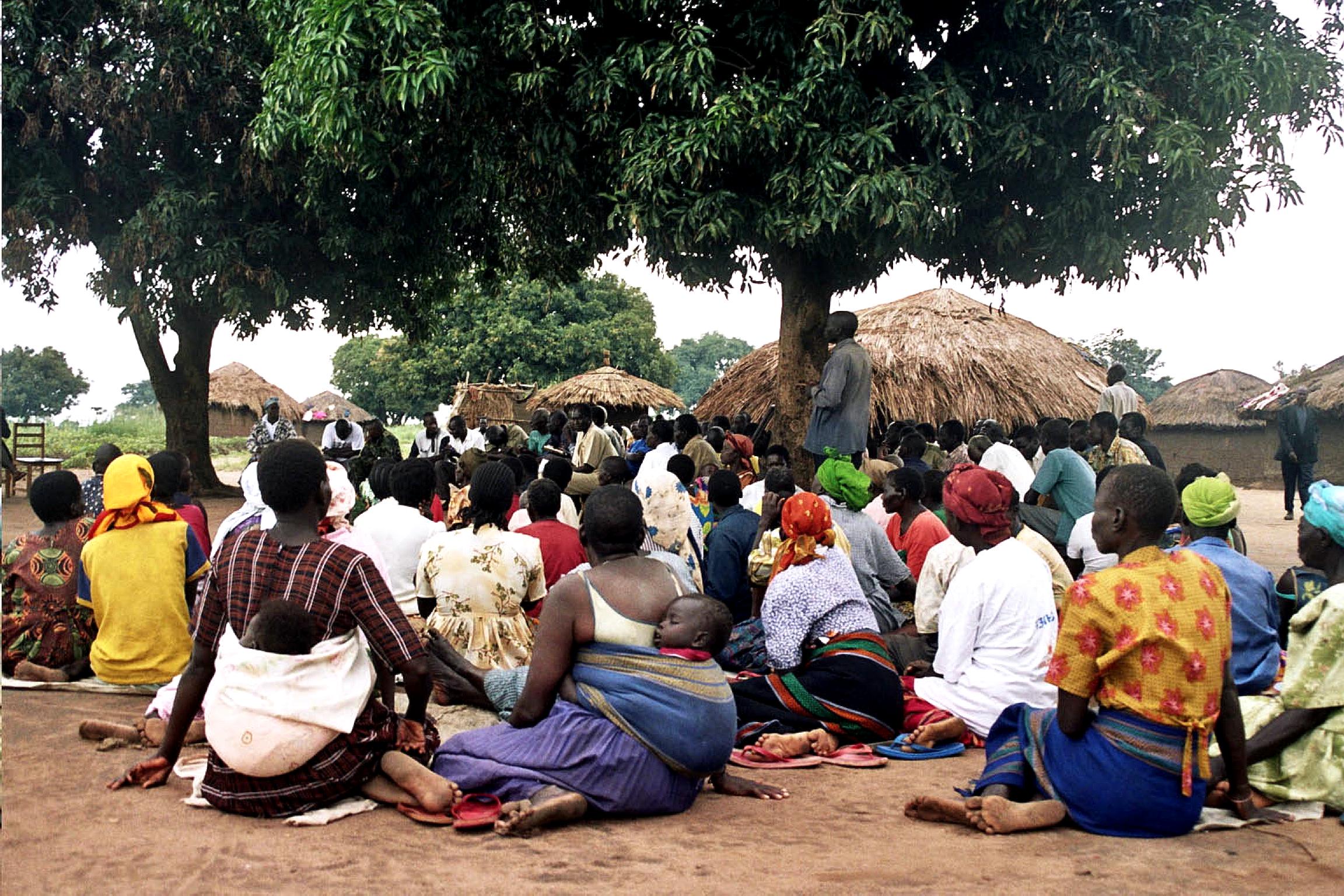Advocating For Sustainable Use Rights Through Enabling International, Regional And National Policy And Practice
We seek to ensure that African perspectives influence international policy making processes, pursuing a favourable policy environment that ensures communities are prominent partners in decisions affecting their livelihoods. We facilitate African inputs into international, regional and national agreements and information outreach, networking and capacity building.
Our work is supported by national and regional legislation and policy and science based approaches in southern Africa devolving rights over natural resources to local communities.
National
Namibia and Mozambique are just two examples of the most inclusive frameworks:
Namibia – Nature Conservation Amendment Act 5 of 1996, which gives local communities rights over wildlife and tourism on their land, if they form a management institution called a conservancy.
Mozambique – Conservation Law 5/2017, that provides for a category of Community Conservation Area as part of the formal protected area system defined as an area of conservation of sustainable use in the community public domain.
Regional
Southern African Development Community (SADC) Protocol on tourism, wildlife conservation and law enforcement – which calls on States Parties to ‘take measures facilitating community based natural resources management practices in wildlife management and wildlife law enforcement. It calls for economic and social incentives for the conservation and sustainable use of wildlife.
International
Convention concerning the protection of the world cultural and natural heritage (World Heritage Convention), which promotes multi-sectoral initiatives and integrates cultural and biological conservation
Convention on Biological Diversity (CBD) Article 8j, which is relevant to safe-guarding intellectual property rights and benefit sharing.
Convention to Combat Desertification (CCD), whose principles include the participation of local communities, partnerships, co-operation at all levels and consideration of the needs of developing countries.
International Covenant on Civil and Political Rights, which stresses the rights of all people to land and equal participation in decision making.
IUCN principles and guidelines on indigenous and traditional peoples and protected areas (IUCN Resolution 1.53 of 1996, amended in 1998) calls for the recognition of indigenous people’s rights, agreements between them and conservation agencies, decentralization and transparency, benefit sharing.
UN Declaration on the Rights of Peasants and Other People Living in Rural Areas (UN Human Rights Council Resolution 39/12 2018) explicitly states that ‘Peasants and other people working in rural areas have the right to access and to use in a sustainable manner the natural resources present in their communities that are required to enjoy adequate living conditions. They also have the right to participate in the management of these resources.




